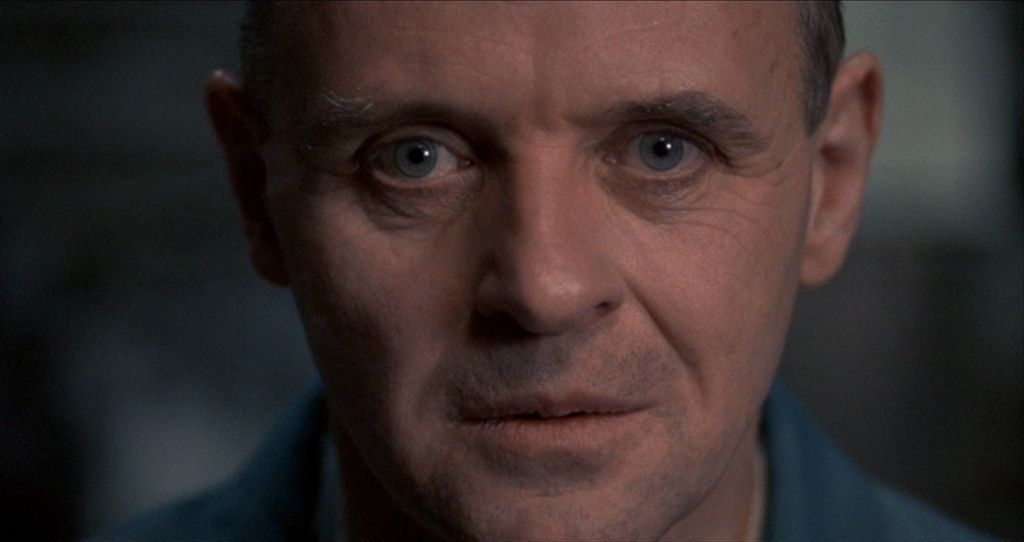Call Me Al: My Child Won’t Go to Therapy!

Direction Counselor: “The police are on their way.”
Words you never want to hear, particularly when you are taking care of kids.
“He didn’t want to come into Direction, mom told him he had to. He jumped out of the car, ran around the parking lot, then up into a tree.”
The really strange part is that I was literally writing this post about whether or not you should “make” your child go to therapy, when a counselor interrupted me with this information. When the boy settled down, the two came up to my office. I ended up talking about exactly what I was writing in this post. The two walked out after our discussion, mother quite understandably disappointed and son just happy to be going home. I hope he returns someday soon – he could use the help.
Let’s back up. When kids come in for their first interview at Direction, they often don’t want to be here. I’ve developed a little bit of a sales pitch for this very situation (which as you might guess happens a lot). It’s not that I want to trick kids into coming to the program, or promise them it will be something that it’s not, or just admit them for the sake of raising our census (there are plenty of other kids who need our services). It’s just that kids come in naturally resistant to joining a program like ours. Kids are understandably anxious; we are asking them both to share very personal information with adults they’ve never met, and to join a bunch of other kids they don’t know. The fact that they have often had mediocre (or worse) experiences in the past with therapy doesn’t help. So I just want to counterbalance those prejudices a little bit.
Let’s say a child -- call him “Al” -- is balking at coming to our program. I tell Al this a place kids like to be, that it’s very unlike school, and that many kids who hate the idea initially don’t want to leave the program when their time is up. These are all true statements. I tell him it might be worth a try for a day or two just to see what it’s like. Maybe Al thinks his parents are just excessively worried about him, and his problems really aren’t all that big. I tell Al we’d be happy to let his parents know that we agree with his self-assessment if that’s what it looks like to us once we get to know him. Maybe it’s worth Al’s time -- his spending a few days with us -- to appease his parents and get our stamp of approval.
Sometimes my spiel works, sometimes it doesn’t. If it doesn’t, the conversation might go like this:
Al: “Yeah, everyone seems nice here, but I don’t think it’s for me.”
And… that’s my cue to back off.
Me: “Gotcha. Well, you can talk it over with your parents then. We certainly aren’t going to try to force you to come. If you change your mind at some point, we’d love to have you here.”
Al talks with his father for a few minutes and Al’s dad enters the room.
Al’s Dad: “My kid says he doesn’t want to come. What should I do now???”
A perfectly reasonable question.
Well, what I can tell dad is that “forcing” therapy never works. It just doesn’t. If we don’t have Al’s buy-in -- or at least a willingness to give us a chance -- we have nothing. It reminds me of the old joke:
Question: How many psychiatrists does it take to change a lightbulb?
Answer: Just one, but the lightbulb has to have a sincere desire to change.
I absolutely recommend Al’s dad encourage him to “give it a try.” Al has really nothing to lose, and potentially a lot to gain. But once dad gets to the point where he is starting to plead with or threaten Al, it’s time to back off.
Not only will Al not benefit from therapy that he is unwilling to engage in, but the experience will be counterproductive to the relationship between Al and his dad as a whole. Al will become increasingly resentful at his dad . He will become more and more resistant, and possibly openly defiant. Al’s dad, on the other hand, will become increasingly desperate and frustrated. The two will be locked in an escalating power struggle (which may well be what brought Al to the office in the first place!). This is never productive.
What I do recommend to Al’s dad is that he attend our Parenting Group. And I don’t offer it as a sort of “consolation prize”. Regardless of whether he finds our particular group helpful or not (and I hope he does), Al’s dad is going to have to shift his focus away from Al and to the one person he does have control over: himself. His son is essentially saying “thanks, but no thanks.” That doesn’t mean Al’s dad has to say that too. Al’s dad is going to continue to be faced with the challenges of raising a son who is struggling, and perhaps we can help him there.
Al’s dad will need to deal with all kinds of decisions. Should Al go to school? Should he be allowed to see his friends? Should he be allowed to stay in bed all day? Should he be brought to the emergency room? Should dad call the cops if Al acts out?
In our case example, Al is saying he has got everything under control, neither wants nor needs therapy, and should be left alone, thank you very much. He might be right for all we know. Sometimes we parents overestimate the magnitude of our children’s problems. Sometimes kids outgrow their problems or get tired of their bad habits causing them grief. Sometimes hormones and moods settle down.
On the other hand, Al might not have it all under control. If that’s the case, it’s important Al’s dad not get in the way of his son’s coming to this conclusion himself. That means avoiding becoming overprotective or indulgent of his son’s potentially bad habits. It means not making excuses for his son, or being swayed by his son’s own excuses that he “can’t” control his behavior because he is too anxious, too angry, too depressed. This is a very common trap parents fall into in my experience, and it prolongs the problem. In fact, it deserves a separate post. I’ll get to that at some point.
The key here is that ultimately Al’s getting better is up to him, not his father. The fact that we don’t have control of all our children’s decisions can be a frustrating and disappointing realization to us parents. Particularly as kids get older. But, perhaps in an unexpected way, this realization can also be liberating to us as well. In the end, it’s not up to us, it’s up to them. It places responsibility squarely on the shoulders of our children, which is where it should be. After all, we aren’t going to be there forever for them, scrutinizing and intervening in their every decision.
In Al’s case, we are hoping for one of two outcomes in this situation. The first and best is that Al’s son solves his own problems or outgrows them. This is of course preferable to his enlisting the help of a therapist at all. The next best outcome is that things don’t improve, Al realizes that he could use the help, and ultimately accepts it.
Hopefully, the problem is resolved either way sooner rather than later. Anything that delays such a resolution – such as the power struggle of “making” Al go to therapy, or overprotecting and overindulging Al if he chooses not to go – just gets in the way. It prolongs the problem.
So those are my thoughts on the subject. The boy I referred to in the beginning of this post quite literally climbed up a tree to avoid going to therapy. It’s fair to say therapy just isn’t going to work for him right now, and it is counterproductive to try to force the issue. Best case is he pulls things together on his own, though I must admit that right now I’m doubtful on that score.
Second best case is that he shows up at our door within the next few weeks with a willingness – however grudgingly – to give treatment a try. That wouldn’t surprise me at all. And then we have something to work with.





